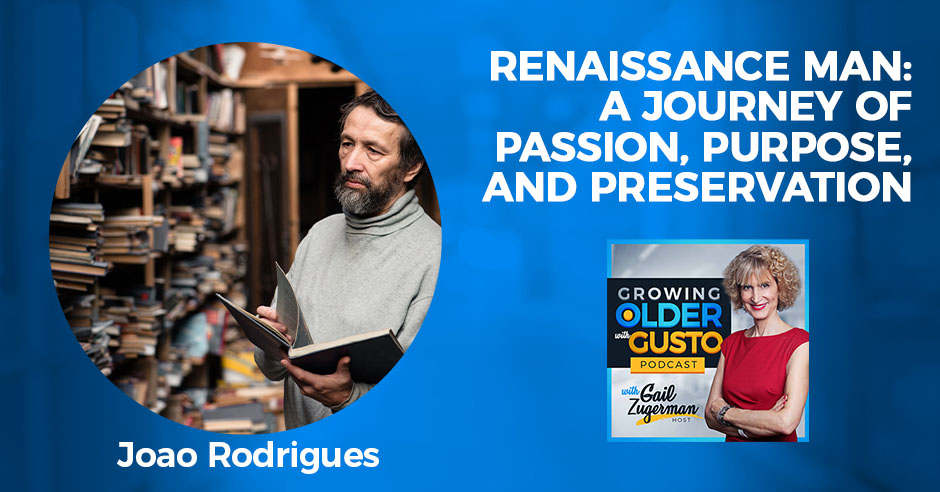
The Renaissance was a time of boundless curiosity and exploration, and nowhere is this spirit more alive today than in the world of hospitality, where a new breed of Renaissance Man is redefining the guest experience. In this episode, Gail Zugerman interviews Joao Rodrigues, a true modern Renaissance Man. Buckle up as we soar through his diverse passions, from piloting airplanes for TAP Airlines to building the innovative Silent Living hospitality experience. He’s also the visionary behind Herdade No Tempo, a regenerative farm where he’s cultivating a future focused on sustainability. Tune in and discover how Joao is redefining success and paving the way for a brighter future.
—
Watch the episode here
Listen to the episode here
Renaissance Man: A Journey Of Passion, Purpose, And Preservation With Joao Rodrigues
Introduction
How does being an airline pilot, a hospitality creator, and a regenerative farm owner, all connect to the show? We will find out with our guests. I’m Gail Zugerman, host of the show which is dedicated to showcasing the benefits of growing older in a positive and productive way. Our guest is Joao Rodrigues and he is what I consider a Renaissance man.
He’s a pilot at TAP Airlines, a national Portugal airline. He is the Founder of Silent Living hospitality projects in Portugal and elsewhere. He’s also the Founder of a regenerative farm called Herdade No Tempo, where he is building a home community. Aside from all this, he’s a strong family man with five children and a wife and is passionate about life. We have so many things to talk with him about, so let’s dive in.
—
Welcome to the show, Joao.
Thank you very much. It’s a pleasure to be here with you.
Thank you. You’re involved in so many projects. I wanted you to begin by having you tell our readers a little bit about yourself. What’s been driving you the past few years?
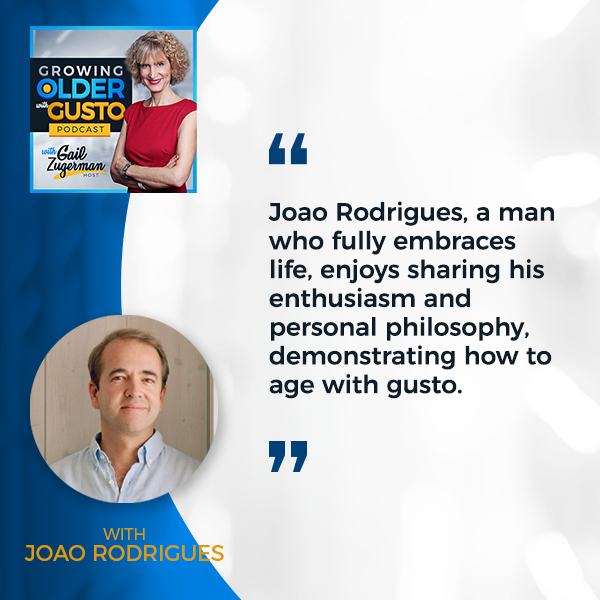
I’m Joao. I’m in my 50s years old. I see myself essentially as a father of five kids and as a husband. I’m very person-orientated. My family is on top of everything. Everything that I do has a purpose which is looking and giving good examples to my family and to my kids, especially to future generations as well. I started off doing a degree in management and economics when I finished school.
After that, I wanted to become a pilot because I was passionate about flying. My father was a Captain in TAP for several years. I thought there was this connection with aircrafts, the machines, flying, and the world, and knowing lots of different cultures and different countries around the world. I then did my training up in Prestwick in Scotland, where it took me a year and a half roughly to get my airline pilot license then I joined TAP.
I’ve been in TAP for many years. It’s been years since I’ve been a captain. First of all, I was a captain on short-haul European flights. Since the last few years, I’ve been flying long haul, which means that most of the routes of TAP fly to Brazil. Probably to something like ten different destinations in Brazil. We fly to Africa, Angola, Mozambique, and Mexico as well as Cancun. We fly to the States to five different destinations. We fly to the States where I will be able to meet when I come to Chicago.
What is your favorite place to fly to?
To be honest, what I like is to have a different roster, which means that you don’t always fly to the same places, which ends up being quite good. Generally, I have two flights to Brazil, one to Africa and one to the States every month. That’s roughly my roster, which is great because I get to catch up with lots of friends that I have all over. Also get to understand different cultures, foods, and music. For me, all of that is nice and important. We also have something which is basically in the Northern hemisphere when it’s winter time, it’s summertime in the Southern hemisphere, which is very nice because you end up always catching a little bit of sun.
Vitamin D. You’re getting your vitamin D.
After joining TAP, which is if you ask me, “Joao, in which one do you perceive yourself as? Do you perceive yourself as a pilot or as founder of Silent Living or regenerative agriculture?”
I was going to ask you. How did you end up pivoting into the hospitality industry? How did that come about? What drew you to that?
The reason was by accident. Which means that when I sold the company that I had which was doing people-centered innovation. A lot based on anthropology and sociology. I sold my 50% of that company. I sold because I had been working very hard during the last few years. I thought I had something to give back to my family. I decided to build this weekend house in Comporta. In this beautiful, nice area with pristine beaches and beautiful waters as well.
It’s one hour South of Lisbon. Based on that, I built the house. A few years after, the house was finished because I put in a lot of everything that I do. I put a lot of effort into it and I like it. It’s all about the details and making everything work smoothly. The house was then chosen to represent Portugal at the Venice Biennale of Architecture. It made something like ten covers of magazines around the world like Elle Decor, in Italy like AD Spain, and Maisons Cote Sud. Suddenly, it was all over. Wallpaper as well. I decided, “We were not using the house that much. Let’s start renting the house,” because we were already borrowing the house to lots of friends and family. That’s how Silent Living started.
Silent Living
Tell us a little bit about Silent Living. Tell us about the whole concept.
Silent Living is a small hospitality group in which we have several houses located in different areas of Portugal. It’s the idea that each of these houses should represent a local way of living in that area. For example, Casas na Areia, the first project we did. It’s a house that should represent how people live on the beach and close to the coast. It’s a beach house.
We then have Cabanas No Rio that represent. These are small cabins that basically represent how people live close to the river and close to a story of the big river. We have the house in the farm which is Casa No Tempo that should also try to represent how people live in a farm in the Alentejo region. We have Santa Clara that you were able to visit in Lisbon, which is basically also a small hotel with six suites. In which, it was an old palace. We tried to show how people used to live many years ago. Maybe 100 or 200 years ago inside one of these palaces.
I tell my audience, since I have been fortunate enough to have been there. It is exquisite and the gardens are amazing.
Thank you. We have the last house that we also joined to the collection is Casa Na Terra, which is a house on a lake. In each of these houses, we build with local materials. We only have local people working there. We only use local products for breakfast and the other meals as well. There is always this idea of connecting all of these projects to the locality, to the place itself, with the hopeful idea of grounding people and giving them a moment for themselves as well.
How did you come up with that name? I’m curious.
One day, as we started with each of the projects, each of them had their own name. We suddenly decided we needed to have an umbrella name that could basically look after all the projects and that could give a sense of unity to all of this. To do this, what we did was, better than ourselves giving us a name, is why don’t we ask our dear guests that stayed with us? Why don’t we ask them for their contribution to find out what could be our name?
During months in all the houses, the teams were trained. They wouldn’t ask anything to the guests but they would collect the words that guests would say when they first enter the spaces. People would say, “It’s about the simplicity of the architecture. It’s about nature.” A lot of people say, “The sense of home and family.” A lot of people would talk about the silence, “It’s about the silence of the architecture and the space. The way we look after our guests.” Silence was one of the words which was more frequently said. We thought that Silent Living could fit very well as the brand for our hospitality group.
Hospitality And Aging
That’s a wonderful way to come up with a name and a branding, so to speak. That’s a fascinating story. How is being in this hospitality or hotel business added to your life and the whole process of growing older?
As I mentioned to you before, I’m very person-oriented. I’m looking after others. It’s one of the best things that we can do in the world. In Silent Living, what we mainly do is look after other people when they stay with us. We generally do it in a very simple and an easy way in which we look after our guests as longtime friends. We do everything to make their experience as special as possible. By saying this, one of the important things for us is also that we get to inspire our guests during their stay.
When I say inspire, it could be either through the architecture, the generosity of our service, or through the beauty of the houses itself or the interiors. All of these things should touch people during their stay and hopefully, promote some changes in their future lives. It’s the idea of leaving a little seat. This I think answers your question.
Where do these people come from most of them? How do they learn about Silent Living?
I wouldn’t be able to tell you exactly. My idea is that most of these people know the houses and the Silent Living through lots of articles that have been published in the press. As well as our online website and our Instagram accounts. A lot of people that stay here mentioned they were recommended by a friend. The word of mouth is on the top of the list.
Farm Journey
Let’s talk now about your involvement with your farm. How did it all start? How did it come about? What are you doing? What is it all about? It’s so incredibly interesting.
The idea of the farm is an extension of Silent Living. The project of the farm is inside the hospitality group of Silent Living. Although, as I say, Silent Living is a tree. The farm is a huge trench. It’s quite an important part. Why? It’s because it was also the idea. During COVID, I flew very little. I had the time and the space of mind to focus and to try and understand in 1,000 acres how one could inspire other people to basically look after the planet.
Has anyone in your family ever been into farming? Did they introduce you to it? It was quite a big leap from piloting and then hospitality. I would think you’d be so busy. Although, in COVID, I understand. Things shut down.
If I try to investigate a little bit back in my family, if someone did it seriously, it was probably my great-grandparents. Both of my grandparents and my parents love it. They like it but they were never into it. The farm was rented out during a period of many years. Going back to this ideal year that I was telling you a minute ago, it’s all about how men, the animals and nature live in a perfect symbiosis. At the same time, not only produce very nutritious food and very healthy food but also look after the planet.
When I say look after the planet, I’m speaking about retaining carbon in the soil. I speak about increasing the capacity of the soil to retain water and lowering the temperatures. All of this is extremely important nowadays. We do this based on something called holistic management. There is a gentleman in the US called Allan Savory, who’s basically our mentor. He’s been studying desertification in the big savannahs in Africa.
He has found basically a way which is copying what the wild animals are doing in the big savannahs in Africa because they’re afraid of the predators. They keep all together and they keep moving as a herd. It’s this movement as a herd that basically has proved itself to be the best way to regenerate the soil, to build a very extreme resilient soil. It’s the birth for very nutritious food and nutritious trees.
We also have an agroforest in our farm of more or less 2.5 acres where we grow all our vegetables, lots of fruits and where we work a lot with the idea of the symbiosis between the plants. We plant some of the trees very close to each other because they end up helping and protecting each other. Either from bugs or too much sun or shortage of water. It’s zero chemicals. It’s much more than organic or any of that. Basically, it’s this idea on the farm. Whoever comes to visit us will be able to learn about how we do this process.
We want to share it with the world. We want to be a demonstrative hub of how to do all of this. Not only holistic management but also the growing of very nutritious food in our agroforest. Other people can go to their countries inspired by this idea and copy a lot of this and do it. We all together, hopefully, will be able to save the planet. That’s the idea.
What water do you use for both your animals and your land? How do you get it implemented into the farm?
We have several lakes on the farm. It’s through these lakes that we basically retain the water during the winter time that we can then use it during the summertime. The cows are not allowed to go close to these lakes. We protect the integrity of the water. We also have something like four boreholes from where we take the water. We have it in 22,000-litre deposits of containers where we then spread the water through all the farms for all the cattle so that they have fresh water in all of these several places.
You told me that you are also building a community on the farm, near the farm or in that area? Can you talk a little bit about it, please?
The idea of the community is basically interesting people around this idea of saving the planet. It’s a study of the United Nations. I don’t know if you’re aware but it says, “In the next 60 years, there won’t be enough food for everyone on the planet.” There will be a huge shortage of food. At the same time, we also have lots of news coming out telling us a little bit about the problem that we are encountering with climate change.
It’s the idea of creating a community around these problems to solve this. The idea is that we are working on it. There are lots of people that have been visiting Silent Living houses during the years and have asked me as well, “We would love to have a house here in Portugal. Can you help us look for a lot? Can you help us build a house? You have such a good taste. You could help me.” It’s so hard to do that. I decided that inside the farm because we have lots of land, so inside the farm, we could build another 10 or 15 houses spread around in the farm. We basically integrate the houses with nature because the houses are designed around rocks, trees, and lakes.
What are they made out of, the homes themselves?
The homes are made out of something called poor concrete, which is a concrete mixed with soil from the farm like a terracotta. It has the resistance of concrete but then it has the beauty of the soil in the walls as well. It’s extremely efficient regarding temperature-wise. Most in the winter and in the summer. It’s this idea that once you’re going to sell these houses to these future owners, which are basically our partners in the farm as well. We will run the whole house as a hospitality project.
Whenever the owners are not there, what we do is we cater the houses, clean the houses, maintain the houses, and we run the houses. The owners that have the houses now have a revenue on their investment. Not only are they connecting themselves to this beautiful project of saving the planet but at the same time, they’re investing in a beautiful property as well as a beautiful home. They’re getting a return on their investment, which is pretty fair.
What would you say to any individual who’s not fortunate enough perhaps to have a home on your farm? What can an individual do to help with climate change?
One of the very important things is try to find out where your food comes from. Try to buy local, from local producers, in which at least you know it’s organic. That’s the least you should accept because not only by doing this, you’re looking after your health. At the same time, you will be looking after the planet and the future of all of us, which is very important.
Focus on buying local produce whenever possible. This way, you’re more likely to get organic options. It’s the least you should accept for your health. But the benefits go beyond you! You’ll also be supporting the planet and the future of us all, which is incredibly important.
There is a book called Food by an American writer called Mark Hyman, in which he talks about the problems of food in the US. I recommend it if someone can get the book. It’s easy to buy online or at the bookstore and try to learn a little bit of how to eat more healthily. It starts a lot by, if you are not able to grow your own vegetables, then buy your neighbor’s vegetables as close as possible.
Tell our readers a little bit about your boutique hotel and how the food from the farm comes over and what you do in your special dinners that you have because they are special.
We don’t call Santa Clara a hotel. I would rather call it a home. It’s a palace almost 300 years old. We recovered it years ago and we ended up doing this. On the ground floor, it has a beautiful lobby and an entrance. We have our office of the Silent Living then we have a long table where we accommodate fourteen people and where the restaurant goes on called Ceia. Ceia means supper. I will come back to that in a moment.
On the first and second floor, we have the six suites. On the last floor, we have our family home. We have a little garden at the back as well to welcome our guests. Going back to the concept of Ceia. What we wanted with Ceia is basically showcase the work that we are doing at the farm. Ceia is a fine dining restaurant in which the meal starts around half past seven. People get to have a drink before dinner.
Once they get seated, the dinner takes about 2 or 3 hours. It’s eight moments with beautiful, very nice food, very nutritious, and very healthy food that we collect from the farm twice a week that our team here transforms. Each of these moments should showcase one of the issues that we are overcoming in the farm.
It could be carbon, the symbiosis, photosynthesis, or soil. It focuses on all of this and it tries to explain how we do it on the farm. It’s much more than just a beautiful meal with very nice ingredients with a nice atmosphere. You get to know other people during the dinners as well because it’s a long table. It’s a communal table, shared. At the same time, it’s not that you learn but at least you get aware of lots of things that are happening to our planet and how to solve some of them.
Finding Purpose Through Diverse Interests
It’s a wonderful experience for anybody traveling to Lisbon. I highly recommend it. How do all your interests coincide to give you a greater sense of purpose which you artfully had created for yourself? How would you recommend or if you were giving advice to someone looking to expand their horizons a bit as they go older? Any advice?
I feel it myself as I grow older. One of the things which is limited in our life is time. As time passes by, the more we use, the less we have to be able to use. One of the very important things that we all love to do is use this time very well, which means try. When we’re with someone, forget about the phone and any of the other things that are happening and focus on that person and concentrate on that moment.
Live the moment more than being worried with what happened or in the past or worrying about things in the future. It’s extremely important to live the moment. It’s all about that. It’s the secret life. I believe it’s the secret of living in the moment. Once that moment is past, you look back and you’re okay with yourself because you’re saying, “No, I’ve lived that moment the best I could. There’s nothing else we can do.”
That’s all we can ask of ourselves.
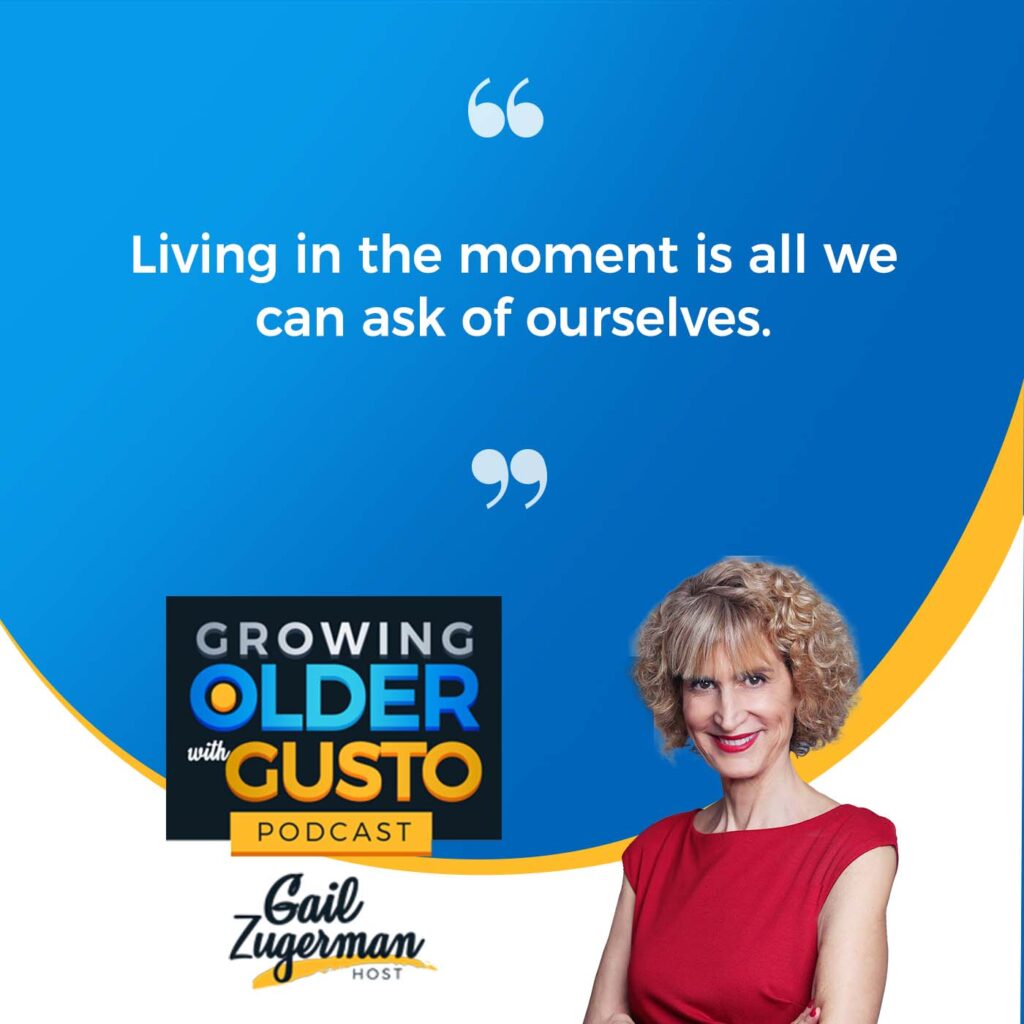
That’s right. I always tell this to my children, “When you do a task, do it extremely well. Focus on that task. Forget about everything else. Don’t be worried about what’s going to happen tomorrow or day after. Live the moment. It’s very difficult to do but it’s beautiful. It adds a lot to our life. As I grow older, if you ask me, that’s what I will try to do. Hopefully, giving good examples, trying to do good things, beautiful things, and leave a good mark. Sometimes more than bringing something new to the planet. Look at whatever we already have here and how we can improve it and make it better.
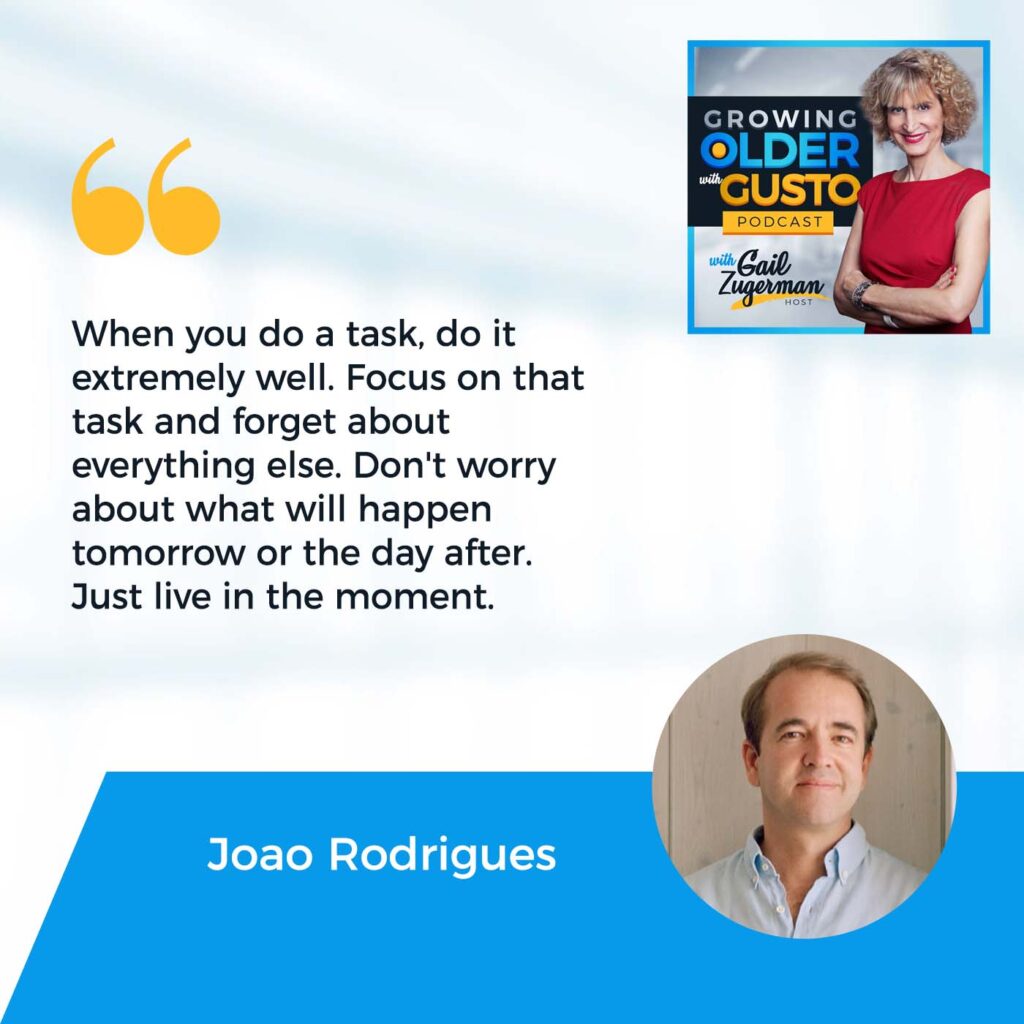
Sometimes, instead of focusing on creating and introducing new things, it’s more beneficial to look at what we already have on the planet and find ways to improve and make it better.
Conclusion
Thank you so much. As we wrap up for being such a great guest and coming all the way from Lisbon for our readers. If somebody wants to get in touch with you, whether for the farm or staying at one of your other hospitality homes, what’s the best way to get in touch with you?
The easiest way is to go online and probably look up Silent Living either through the website or through Instagram. If you send a message both on Instagram or on one of our email accounts saying, “This is for Joao.” You will easily come across Joao. Joao will be on the other side. I will be able to answer everyone.
Thank you very much. For those of you reading, if you’re not a subscriber, please subscribe by going to www.GrowingOlderWithGusto.com. Share the show with your friends. Thank you so much for reading. I always say stay connected, stay busy, and stay reading. Thank you, Joao.
Thank you. It was a huge pleasure.
Important Links:
- TAP Airlines
- Silent Living
- Herdade No Tempo
- Allan Savory – LinkedIn
- Food
About Joao Rodrigues
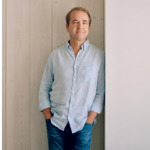 A man who embraces life. This is Joao Rodrigues, our guest coming to us from Lisbon. He is a pilot for TAP airlines, A founder of Silent Living Hospitality Group, Founder of Herdade No Tempo, a regenerative farm and devoted family man.
A man who embraces life. This is Joao Rodrigues, our guest coming to us from Lisbon. He is a pilot for TAP airlines, A founder of Silent Living Hospitality Group, Founder of Herdade No Tempo, a regenerative farm and devoted family man.

0 Comments